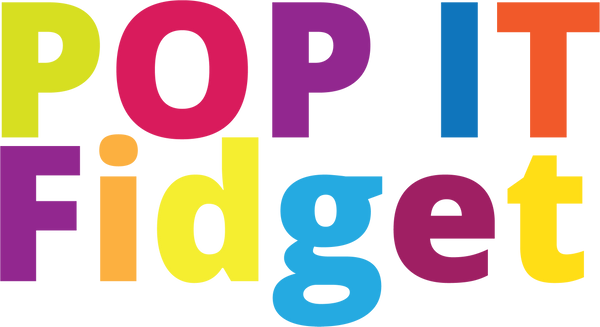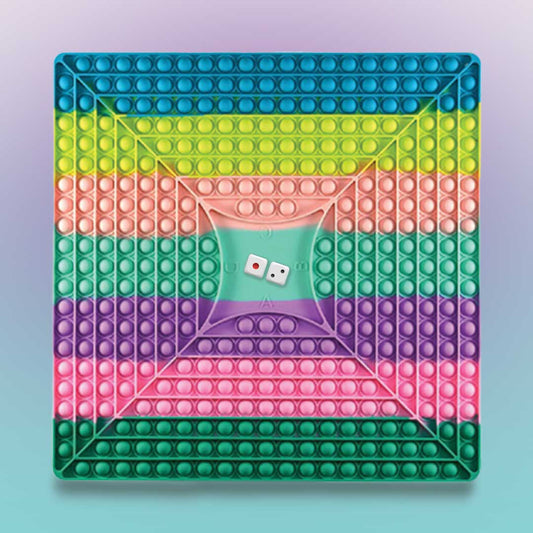The Ultimate Guide to Gifts for Kids with Autism: Secrets Revealed
Introduction
Gift-giving for children with autism can be a rewarding yet challenging endeavor. The unique needs and preferences of autistic children require thoughtful consideration to ensure that the gifts are not only enjoyable but also beneficial for their development. This report delves into the intricacies of selecting the perfect gifts for autistic children, drawing insights from various expert sources and guides. The aim is to provide a comprehensive understanding of the types of gifts that can enhance the lives of children on the autism spectrum.
Understanding Autism and Gift Selection
Autism Spectrum Disorder (ASD) is a complex neurobehavioral condition characterized by differences in social interaction, communication skills, and repetitive behaviors. Each child with autism presents a unique set of characteristics, making it essential to tailor gift choices to their individual needs and interests (Autism Parenting Magazine). Factors such as age, cognitive level, and sensory preferences play a crucial role in determining the suitability of a gift.
Categories of Gifts for Autistic Children
Sensory Toys
Sensory toys are a popular choice for autistic children as they cater to their sensory needs and preferences. These toys can help in calming, focusing, and providing sensory stimulation. Examples include sensory bubble fish tubes, jellyfish lava lamps, and weighted lap pads (i-Autism). Sensory toys are designed to engage multiple senses, which can be particularly beneficial for children who experience sensory overload or seek sensory input.
Educational Toys
Educational toys are designed to promote learning and development in a fun and engaging way. They can help build cognitive skills, fine motor skills, and social skills. Toys such as magnetic building tiles and Montessori blocks are excellent for encouraging creativity and problem-solving (Beaming Health). These toys often incorporate elements of play that align with educational goals, making them a valuable addition to any child's toy collection.
Imaginative Play
Imaginative play toys, such as stuffed animals and play tents, provide opportunities for children to engage in pretend play, which is crucial for social and emotional development. These toys can help children with autism navigate social interactions and express themselves creatively (Big Heart Toys). Imaginative play can also serve as a therapeutic tool, allowing children to explore different scenarios and emotions in a safe environment.
Technology and Gadgets
In the digital age, technology and gadgets have become integral to learning and play. Tablets with educational apps, visual schedulers, and interactive learning tools can be particularly beneficial for autistic children who are visual learners (Get Goally). These tools can help children develop skills such as planning, organizing, and following routines, which are essential for their daily lives.
Special Interest Gifts
Gifts that align with a child's special interests can be incredibly meaningful and engaging. Whether a child is fascinated by trains, dinosaurs, or numbers, selecting gifts that cater to these interests can enhance their enjoyment and reduce anxiety associated with surprises (Beaming Health). Special interest gifts demonstrate an understanding and appreciation of the child's unique passions.
Expert Recommendations and Insights
Thoughtful Gift Selection
Experts emphasize the importance of thoughtful gift selection, taking into account the child's individual needs and preferences. Traci Glynn, an expert in early childhood education and autism studies, highlights the adaptability of certain toys and games, which can be modified to suit different players and developmental stages (Giftsicle). This adaptability ensures that the gifts remain relevant and engaging as the child grows.
Safety and Practicality
Safety is a paramount consideration when selecting toys for autistic children. The Good Housekeeping Institute, known for its rigorous testing of parenting products, advises considering factors such as safety, ease of cleaning, and texture when choosing toys (Good Housekeeping). Ensuring that toys are safe and practical for everyday use can prevent potential hazards and enhance the child's play experience.
Parental and Expert Feedback
Feedback from parents and experts is invaluable in identifying the best gifts for autistic children. Many guides and articles compile lists of parent-approved and expert-recommended toys, providing a reliable resource for gift-givers. For instance, the Helpful Professor's guide to the best toys for children with autism includes reviews and recommendations based on expert insights and parental feedback (Helpful Professor).
Conclusion
Selecting the perfect gift for a child with autism requires a deep understanding of their unique needs and preferences. By considering factors such as sensory preferences, educational value, and special interests, gift-givers can choose items that are both enjoyable and beneficial for the child's development. The insights and recommendations from experts and parents provide a valuable guide to navigating the diverse world of gifts for autistic children. Ultimately, the most meaningful gifts are those that reflect an appreciation of the child's individuality and contribute positively to their growth and happiness.





